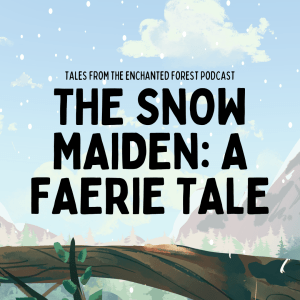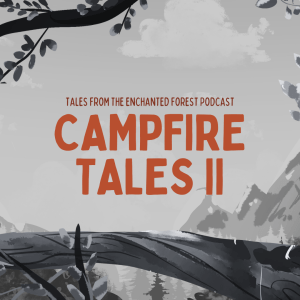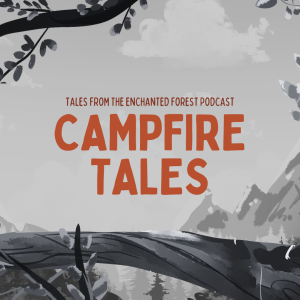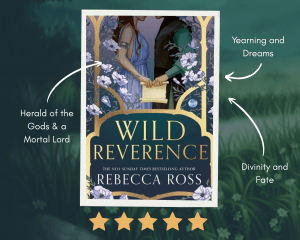daughter of the sword
South Africa
This coming-of-age story comes from Ethel L. McPherson of Cape Town. She credits her stories as retellings from Zulu and Sesotho translations by the Nursery Tales of Bishop Callaway, published in 1868 and the Treasury of Basuto Folklore by M.Jacottet.
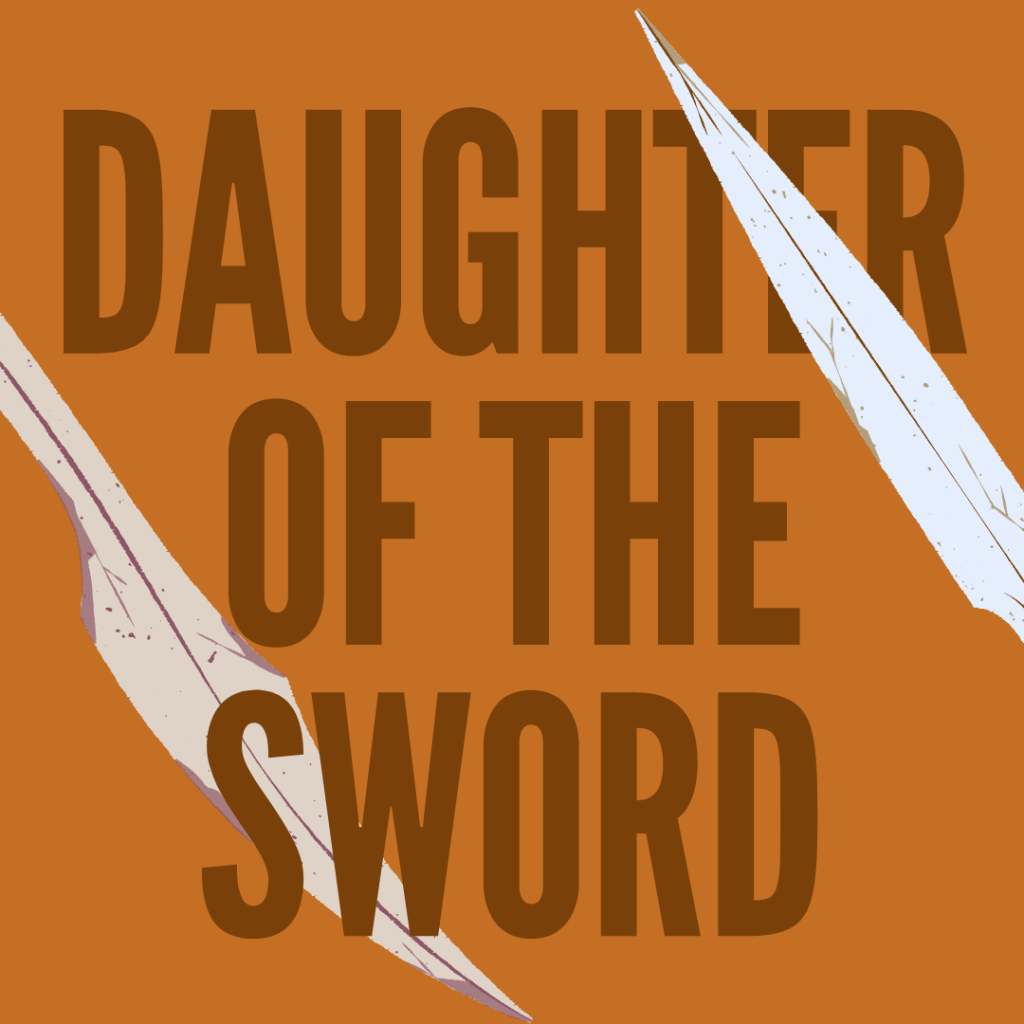
The Birth of a Daughter
A long time ago, there was a Great King who had conquered lands stretching from Sunrise to Sunset. One day, as he was fighting his greatest foe, he received news that he was now a father to a little girl. Since she was born during the hour of his victory, where he and his men mowed down their enemies with their spears, he named her Daughter of the Sword. She quickly became the favourite child since the others could not compare to her beauty or proud spirit.
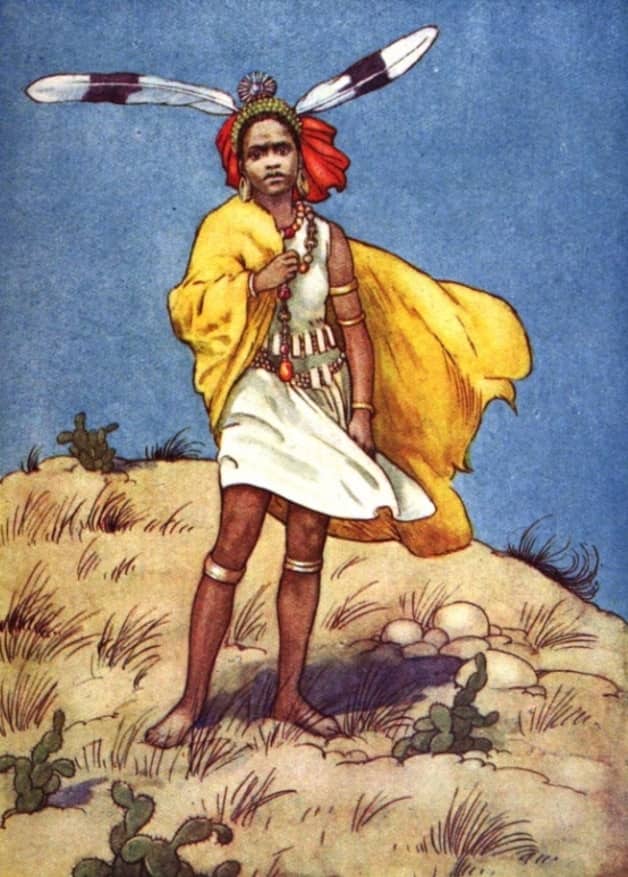
After years of spoiling her, he declared that her coming-of-age ceremony would be celebrated by gathering cattle from every direction into her presence and then slaughtering them there. There would be so many that when they trampled the earth, enough dust would get kicked up to block out the Sun. His Daughter was pleased, so when it was time, she travelled to the place of her ceremony to wait.
Image: Helen Jacobs
Afterwards, she sent a messenger to her father with the news that she was ready to accept his promise. And so, the doting King sent twenty oxen to the Princess, but she looked upon them with disdain before declaring that she did not see anything.
There are many coming-of-age ceremonies in South Africa, such as the Umemulo ceremony of the Zulu. Now the author of the book we took this story from directly credits these as being Zulu and Sesuto tales, so we will focus on those two for any references to South African customs since every group has their traditions. Umemulo is a traditional ceremony that involves a girl spending seven days in a separate house with other female relatives and friends. At the end of the week, the family slaughters a cow and presents the Daughter with a spear, among other gifts.
The cow was slaughtered for several reasons, one of which gave thanks for the safe life the daughter had. The various parts of the cow were also essential for different rituals. Usually the slaughter happened with the involvement of other family members so it seems odd here that the King did not travel for the celebration.
The men returned to the King, informing him of his Daughter’s displeasure. So he sent them back again, but this time with forty cattle. Once again, the Princess turned her nose up and said: I see nothing.
The King, all too happy to please his proud Daughter, then sends one hundred cattle to her but still, she stuck her nose up and said, ‘I can still see the Sun, and until it is darkened according to the saying of my father, I will never return to my home.’
Thievery is a hoof
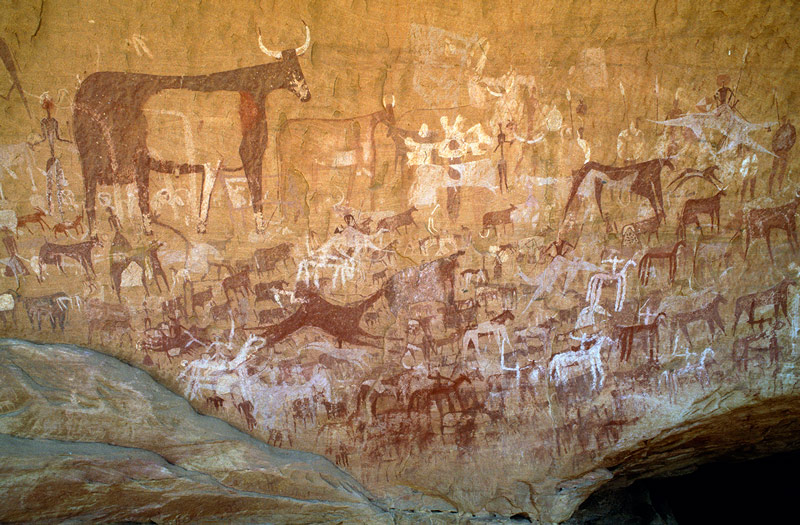
Image above: Ennedi Plateau Art from the Chad Rock Art Gallery.
The King was eager to make his Daughter happy. So he had his warriors gather hundreds of cattle for her, but the Princess was not satisfied. Having taken all the cattle from within his domain, he sent an army of warriors to go beyond his kingdom to gather even more to pay tribute to his Daughter.
The warriors travelled for many days before finally coming upon a great green valley where thousands of fine cattle were peacefully grazing. With great excitement, the warriors began rounding up the cattle by frightening them with shouts and prodding them with their spears. Suddenly, they heard a voice coming from high up.
Slowly the warriors looked up to see the monstrous form of the Lord of the Cattle. The beast was so big that whole forests and countries fit upon its back. Not only that, but while some sections on the back were in early harvest, other parts were in mid-winter. Move over Turtle Island.
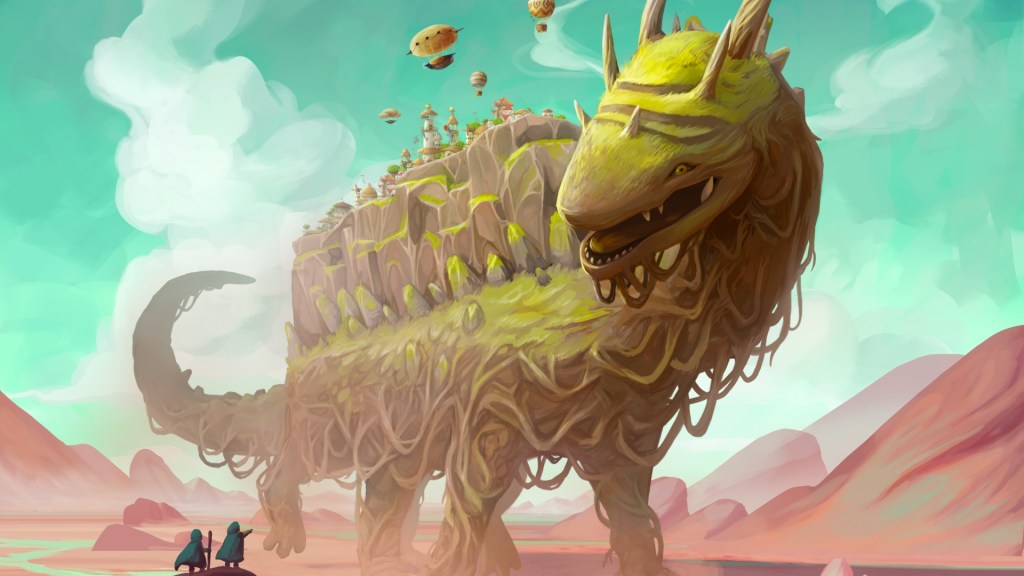
Image: Still from Stray Fawn Studio’s new game, Wandering Village.
Cattle Lord
For some reason, the warriors were not frightened by the magnificent Lord of the Cattle. They laughed at him and continued to drive the cattle out of the valley. They finally arrived where the Daughter of the Sword was waiting. Their approach sounded like thunder, and the dust from their hooves rose and darkened the Sun’s bright light.
The Princess was pleased with this display and that her father kept his word. The men slaughtered the cows in her honour, and everyone ate their fill. However, in the warriors’ excitement, they may have forgotten to mention the scary Lord of the Cattle to the King. Or the fact that he challenged them about the cattle as they skedaddled on out of there.
Return of the Cattle Lord
Once the feasting and celebrating ended, the Daughter of the Sword stayed with her mother and little sister. Soon harvest time came, and all the people of the village, including her mother, left to tend to the fields- leaving the Princess and her little sister alone. While they rested during the midday heat, they felt the ground begin to rumble. But they were not afraid because they had the blood of princes.
The little sister went to see what was happening and found the monstrous Lord of a Cattle standing upon a broken fence. Despite the earlier confidence, she finally felt afraid and began crying out for her older sister.
However, at that moment, two leaves fluttered down from the Lord’s back and silently commanded the young girl to draw water from the spring. Even though she was confused by this, she obediently took a bucket and went to the spring. Once she was ready to return to the hut, she found her feet were firmly rooted.
While this was happening, leaves fluttered to the Daughter of the Sword and gave her a similar command, but it was to fetch the jar and water from another hut. She resisted at first, but then a second command came. She found herself angrily following the instructions. When she returned, the leaves commanded her to make a fire, grind corn and bake bread.
In typical spoiled Princess fashion, she argued against this as it was beneath her station. Besides, her nails were too long. The leaves made quick work with a knife to trim those down for her before showing her how to grind corn. With burning rage in her heart, she reluctantly followed all the commands. Once she had prepared the food, the leaves prodded her to take it outside to the Lord. He gobbled it up in one swoop.
As he ate, his leaves flew throughout the village and pillaged sleep mats, water skins and everything else. He devoured it all.
Kidnapping the Princess
Then the monster commanded the Princess to climb onto his back, which she did. At this time, the little sister felt her feet spring free and ran to their oblivious mother in the fields. Together the villagers all ran back, but their search was in vain. They could not find her, so they drew their weapons and tracked the Lord’s footsteps.
He was waiting for them.
The Lord of the Cattle laughed at the men and told them to do their best as they threw spear after spear at him. All of them broke on impact. The monster laughed until he heard the cries of her mother. He allowed the Princess a final goodbye before whisking her away in a flurry.
The Lord of the Cattle journeyed far before reaching a cave where he told the Princess to disembark. In the cave, she found a pillow, a sleeping mat, some bread, and a jar of water. Here, he left her, saying, “I am avenged, for I have spoiled your father. He would have received many heads of cattle when your bridegroom claimed you, but now he will never see you again. He robbed me of many cattle, and now in my turn, I have spoiled him.”
And so the Daughter of the Sword remained in her cave. She would go on to have many strange adventures but never return home.
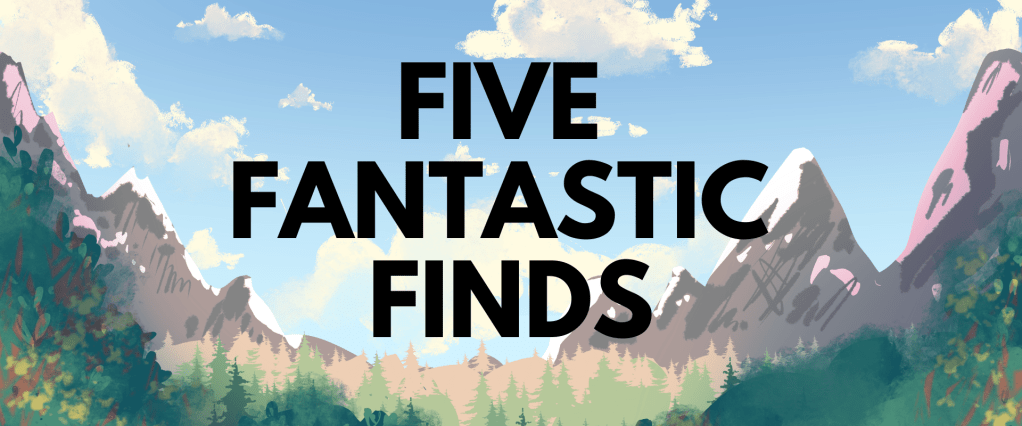
Turtles all the Way Down
The Cattle Lord is clearly a big character in the story, but why do we gloss over the fact that he has an entire ecosystem growing on his back? We’ve covered the Turtle Island story before in our episode on the Native American myth of the Sky Woman, but turtles don’t just go all the way down- they go all the way around.

Anthropologist Edward Burnett Taylor looks at the turtle island story like the Vedic Story of Kurma, a great turtle who happens to be the second form of the god Vishnu. The Chinese turtle, Ao, had their legs chopped off and used to prop up the heavens. There are also world serpents and world elephants! So next time someone tells you the world is flat, you should counter with your ridiculous statement!
People Puppet Trope

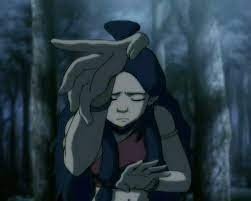
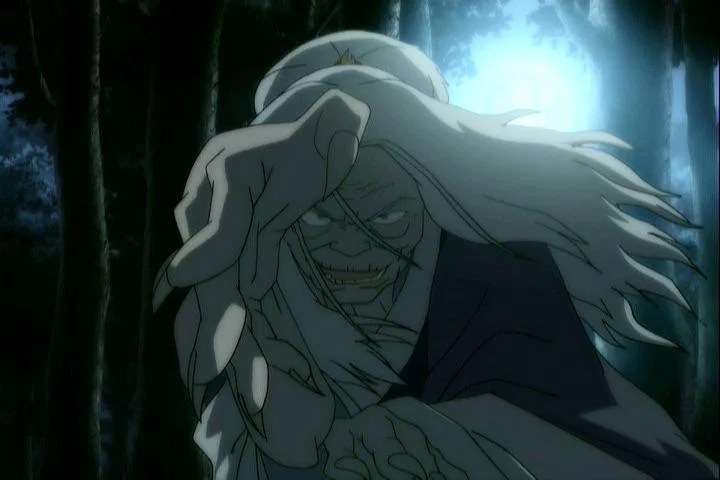
The story describes the Lord of the Cattle as a massive monster with thick protective skin that spears cannot pierce. Despite this overwhelming physical intimidation, what makes him so terrifying, is his unnerving ability to control his enemies against their will. Since the victims of this ability retain their minds but are simply unable to refuse his commands, this falls under the category of the People Puppets trope. Unlike the mind control trope, victims retain their thoughts and memories as their bodies helplessly obey another’s will. The more terrifying aspects of this trope are briefly explored in Avatar the Last Airbender through the blood-bending ability. Katara learns of this ability from a fellow water bender Hama, who invents this technique while imprisoned by the Fire Nation. This ability is further explored years later in the first season of The Legend of Korra.
Another use of this trope is to create tension between two heroes and provide the writers with a convenient excuse to pit two strong characters against each other. Not only does it provide drama, but it also creates emotionally tense- “I know you are in there” moments of friendship.
Coming-of-Age
All around the world, there are celebrations for girls becoming women- maybe not with enough cows to block out the sun, but with gifts, love, song and dance! During these traditional coming-of-age ceremonies, girls often isolate themselves with other women in their community and learn about their responsibilities, sex, childbirth, and end in dancing and singing. Fulani women in Mali get facial tattoos; Han women in China partake in the Ji Li ceremony (the hairpin ceremony); First Nation girls from South Dakota’s Yankton Sioux/Ihanktonwan Oyate Reservation have a special four-day ceremony. Of course, we cannot forget the Quinceañera, Debutante and more modern Sweet Sixteen!
Cows: Fast Facts
Cows played a significant role in today’s story. Fox will talk about the cultural significance of cattle, but I wanted to take a minute to talk about some General cow facts. For instance, did you know that cows are colour-blind to red? Despite the popular notion that red makes bulls angry, studies have shown that they cannot see the colour at all. The reasons bulls charge at matadors more has to do with movement and how they manipulate the cape. And the colour red is only used as a way to conceal the blood splatter from the bull.
Colour blindness aside, cows have good vision and can see 300 degrees around them. So you would need to be directly behind them if you wanted to surprise them.
Another fun thing I learned about cows is how much scientists have discovered from their DNA. According to a study from UCL in 2012, DNA suggests that the modern domesticated cow traces back to a small herd of about eighty cattle from 10,500 years ago.
Cattle Culture

Photograph by Laura Hedien
Various cultures revere cattle and cows as a source of economic, religious, and symbolic importance to social status. It was a massive status symbol for everyone from a King to a commoner. The larger the kraal, the more senior the status. For the Daughter of the Sword to have her herd brought to her is a massive power move and indicative of her position.
This makes the Cattle Lord’s actions even more devastating and puts them in context. In reality, cows were sent to various areas to graze so that no one national disaster or robbery took out an entire herd. In our story, the King taking out not only his cattle but also those of neighboring areas is a genuine disaster, especially now that there is no way to replenish the herd since one of the best ways to do that would have been through potential suitors.
This story is both a message to the proud children who demand without thinking of the consequences and also to parents who make promises to the point of their detriment. We love a good life lesson.

